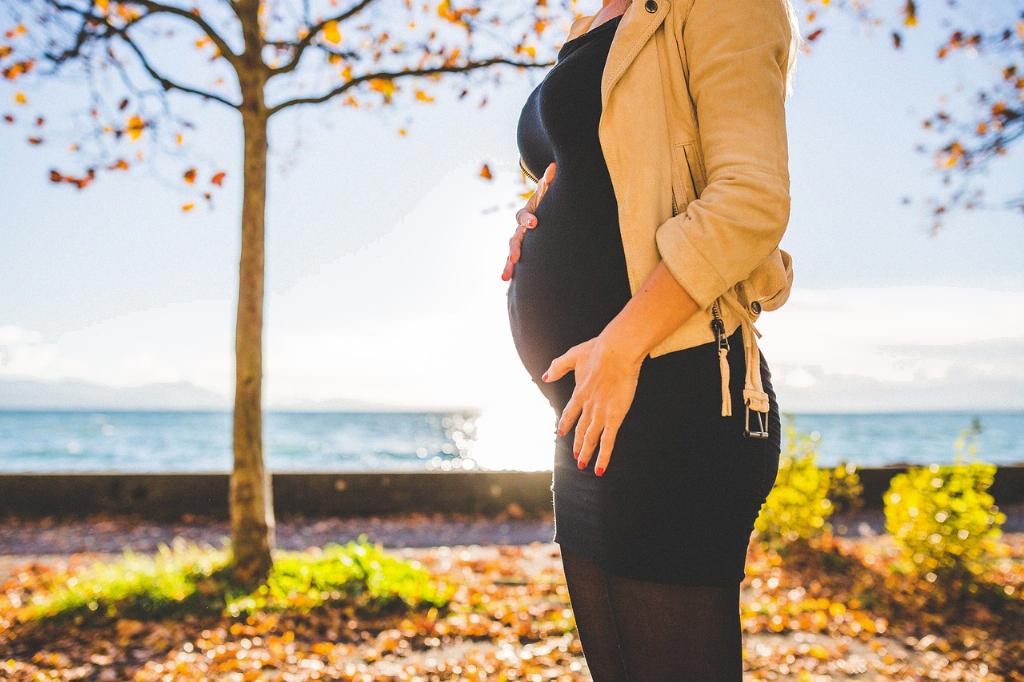Early pregnancy, while a beautiful and transformative time, can also bring about various changes in the body, including those that can affect the eyes. It is essential for expectant mothers to be aware of these potential impacts to ensure they are adequately prepared for any visual changes that may occur.
Fluid Retention and Increased Pressure
One of the primary ways in which early pregnancy can affect the eyes is through fluid retention. This retention can lead to increased pressure in the eyeball, which, in turn, can result in a thicker cornea. This thickening of the cornea may cause vision to become blurred, making it challenging to see clearly.
Puffiness and Reduced Tear Production
Additionally, expectant mothers may notice puffiness in their eyelids during early pregnancy. This puffiness can contribute to a sense of heaviness or discomfort around the eyes, impacting overall vision. Furthermore, some women may experience a reduction in tear production, leading to dry eyes, which can also affect how well one sees.
Hormonal Changes
Hormonal fluctuations during early pregnancy can play a significant role in eye health. These hormonal changes can lead to fluctuations in vision, such as an increase in sensitivity to light or changes in prescription if the mother wears glasses or contact lenses. It is vital for pregnant women to have regular eye check-ups to adjust prescriptions if necessary.
Development of Gestational Diabetes
Another potential impact of early pregnancy on eye health is the development of gestational diabetes. This condition can lead to diabetic retinopathy, a complication that affects the blood vessels in the retina. Pregnant women with gestational diabetes are at a higher risk of experiencing vision problems, emphasizing the importance of monitoring blood sugar levels closely.
Preexisting Eye Conditions
For women who have preexisting eye conditions, early pregnancy can exacerbate these issues. Conditions such as dry eye syndrome, glaucoma, or age-related macular degeneration may worsen during pregnancy due to hormonal changes and fluid retention. It is crucial for women with existing eye conditions to consult with their eye care provider for appropriate management.
Visual Disturbances
Some pregnant women may experience visual disturbances, such as seeing spots or floaters in their vision. These disturbances can be attributed to changes in blood flow, hormonal shifts, or even changes in the shape of the eye. While these disturbances are often temporary, they should be promptly addressed by a healthcare professional.
Remedies and Relief
Fortunately, there are measures that pregnant women can take to alleviate eye discomfort during early pregnancy. Simple practices such as using artificial tears to combat dry eyes, applying cold compresses to reduce puffiness, and maintaining a healthy diet rich in eye-friendly nutrients can help promote better eye health throughout pregnancy.
Importance of Regular Eye Exams
Regular eye exams are crucial for pregnant women to monitor any changes in vision and ensure optimal eye health. These exams can help detect any underlying issues early on and facilitate appropriate treatment if necessary. It is recommended that expectant mothers schedule eye check-ups during early pregnancy and periodically throughout the gestational period.
Consultation with Healthcare Providers
Any significant changes in vision or eye discomfort during early pregnancy should prompt a consultation with both an obstetrician and an eye care specialist. It is essential to communicate any concerns regarding eye health to ensure comprehensive care and appropriate management of any issues that may arise.
Conclusion
In conclusion, early pregnancy can have various effects on eye health, ranging from fluid retention and increased pressure to hormonal fluctuations and the development of gestational diabetes. By staying informed about these potential impacts and taking proactive steps to maintain eye health, expectant mothers can navigate through their pregnancy with a clear vision and optimal eye wellness.

